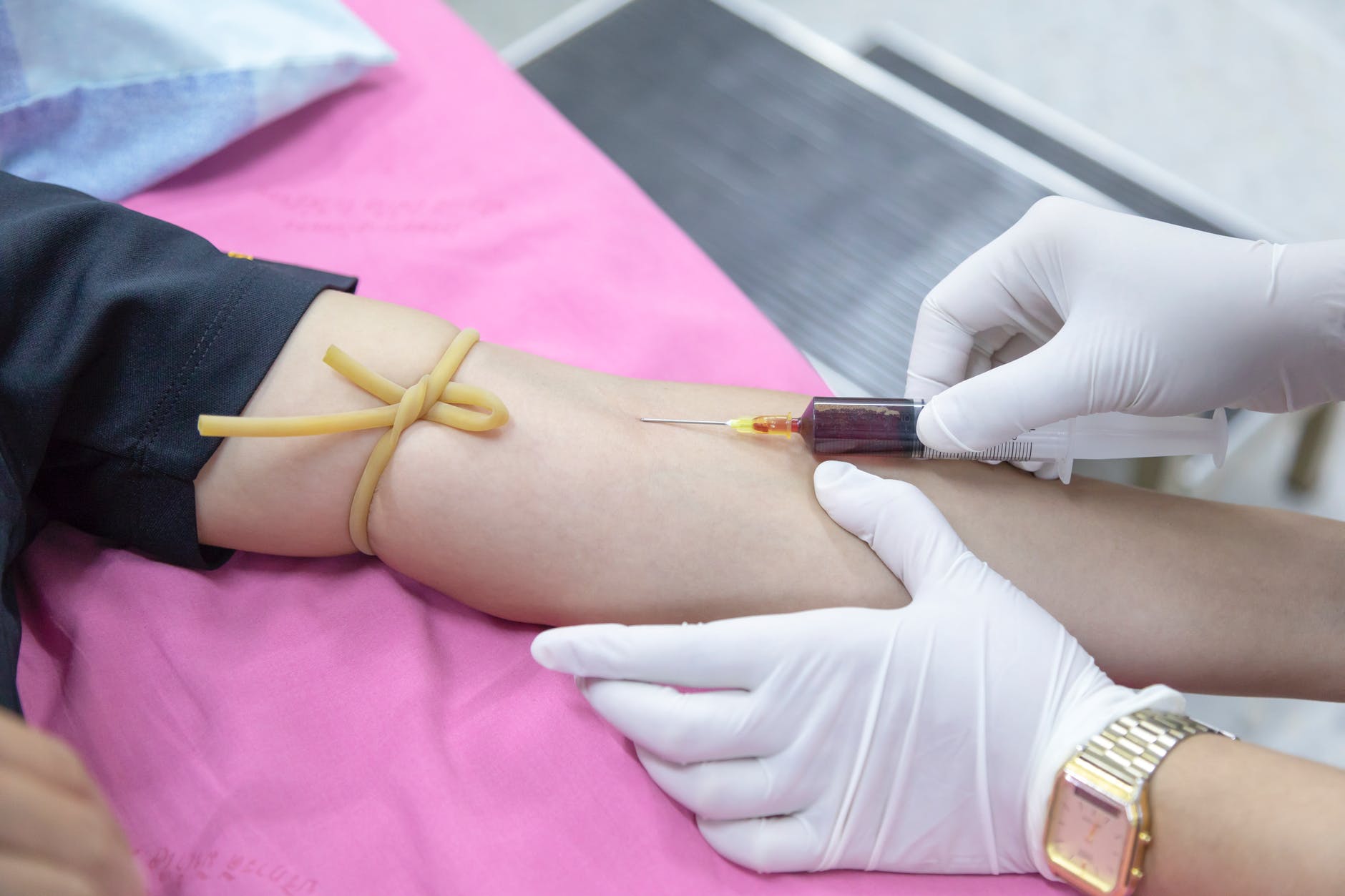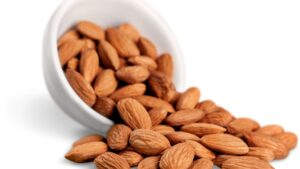DUKE – Researchers at Duke University Medical Center have made a discovery while working on a health pilot project. They have found that it could be possible in the near future to detect early changes in the blood flow to the heart. This would help to determine the arteries blockage and estimate the risk for heart disease. The acute changes in fatty acid and amino acid metabolites would act as a biological indicator of narrow or blocked arteries.
During a study on 40 persons, researches found that all the patients who underwent a Treadmill stress test and had a decreased blood flow the heat also showed the sign of changes in five metabolites in their blood within two hours. The study conducted on all the patients had a complaint of coronary diseases, such as chest, jaw and shoulder pain. The researchers have a strong belief that acute changes in the fatty acid and amino acid metabolites could be more apparent in a larger study. These metabolites are the energy sources for cells and could act as an indicator of the restricted blood flow to the heart. With this, it could be possible to replace the current tests with these changes while determining the blockage of arteries.
“Cardiologists do a stress test to determine who’s at risk for having heart disease,” said lead author Alexander T. Limkakeng Jr., M.D., lead author of the study and an associate professor of emergency medicine at Duke. “It guides them on whether they need a more invasive study like a catheterization. Augmenting the imaging of a stress test with metabolite biomarkers could make that process more accurate or more efficient.”
To notice the changes in the five specific metabolites in patients with abnormal cardiac arrests, scientists carried out an evaluation of 60 chemicals or compounds in the blood. However, still, a larger study is needed to confirm the results noticed in the present study.






Be First to Comment